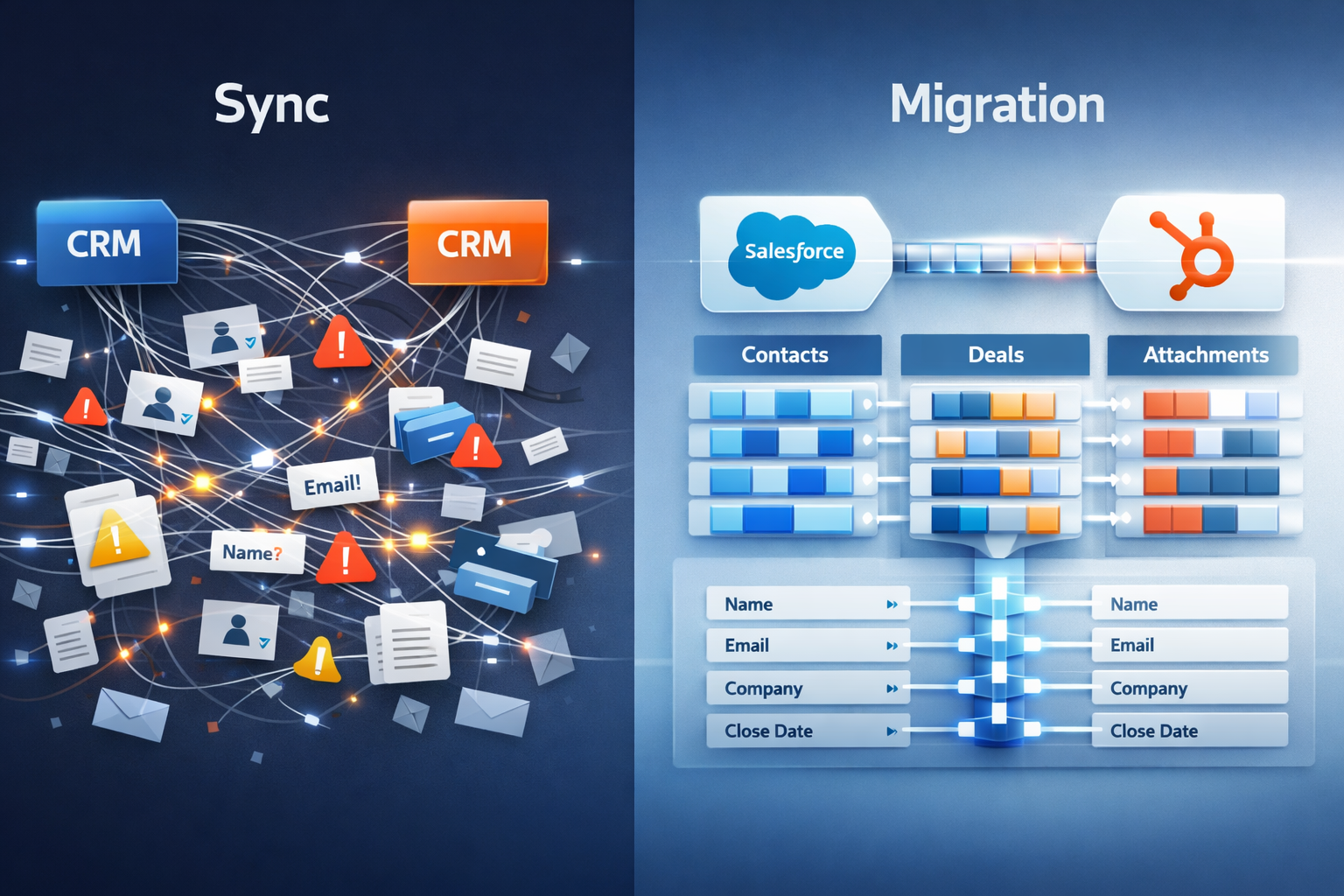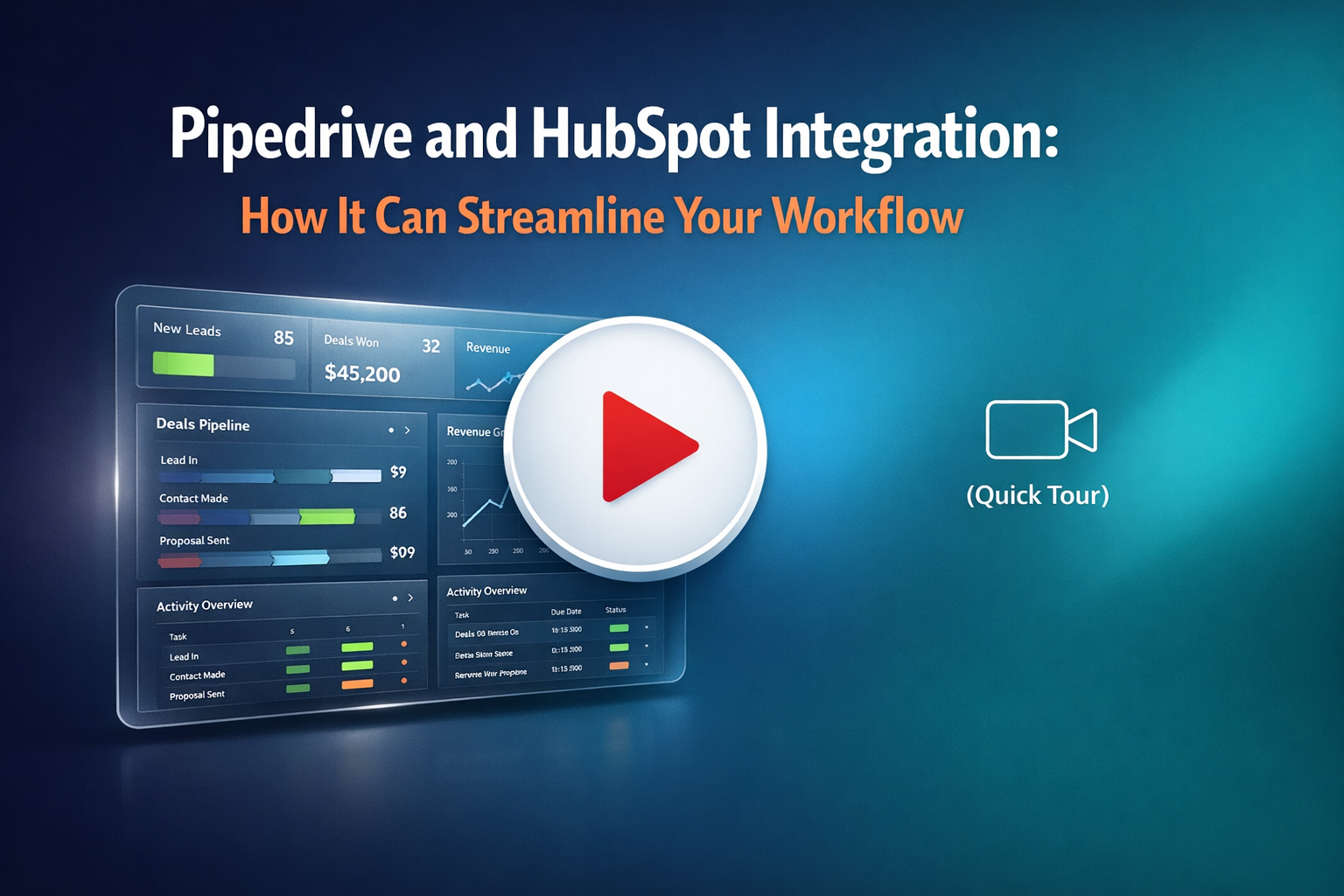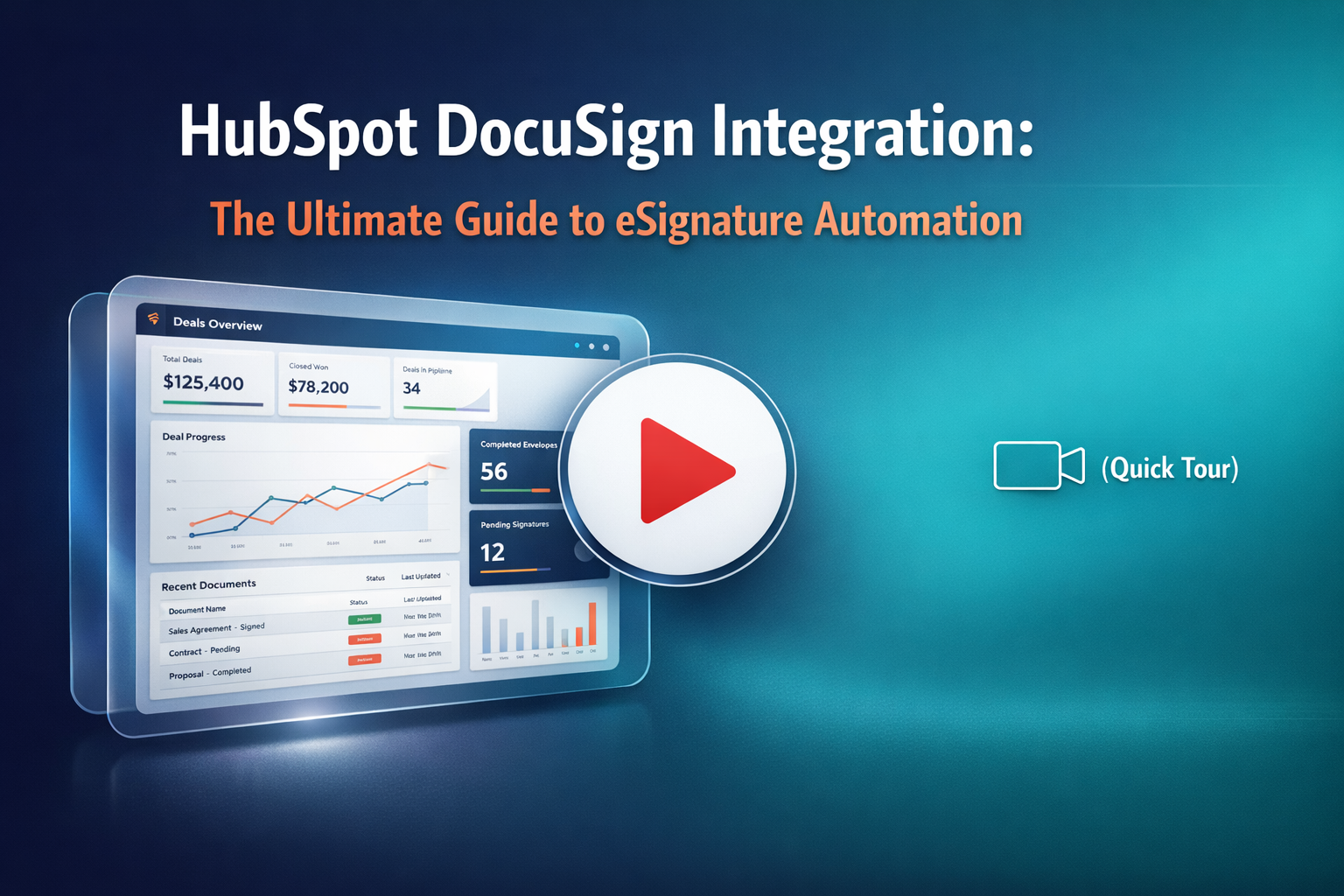Trigger events may help you prospect for clients by putting you in front of the right buyers with the appropriate context for beginning a discussion.
What is a Trigger Event?
A trigger event is a signal that causes consumers to become aware of an opportunity for change or the requirement for what we provide. A trigger event is an occurrence that promotes consumer awareness of the possibility of change or the need for what we provide. Trigger events may happen in various contexts, including at the corporate, departmental, and even personal levels of a company’s sector. Market volatility, environmental or economic adversity, and reputation concerns can trigger events.
Triggers provide an excellent view into how a company is changing, allowing you to see future possibilities. When a firm undergoes significant changes such as mergers and acquisitions, it’s more likely to embrace new technologies or collaborate with different companies.
“Sixty-three percent (63%) of Best-in-Class firms currently deploy formal trigger event tools – notifications, RSS feeds, alerts, posting/tagging updates and the like – among their front-line sellers.”
Sales managers can take advantage of trigger events if they fully understand the characteristics of their ideal buyer profile (ICP). Sales leaders should comprehensively comprehend the elements of a perfect consumer, which range from basic facts such as company size, sector, and location to technological adoption, revenue, and growth rates. These characteristics are not the same as triggers. The fundamental quantifiable or qualitative aspects of a company are known as attributes. It’s not enough to study a company by looking at its features. We must also comprehend who within our target consumers will be making purchase decisions regarding our product or service and what influences those decisions. This implies that Trigger events are not created equal; therefore, in-depth knowledge of your ideal customer profile, buyer personas, and purchasing behaviors is required for creating a successful B2B trigger event selling approach.
Examples of Useful Trigger Events
Growth, location, financial, recruiting, and legislative are categories of trigger events that may all be detected. Below are some examples of Trigger events that B2B sales professionals monitor and explain why they are essential to track.
- Financial Activity – Any M&A activity is a sign of a company’s transformation. Changes in hiring, financing, and operations are expected throughout the organization, meaning new chances to use innovative technologies and methods. Further, a company’s announcement of financial progress might signal that change is required. For example, a fourth of poor results may indicate that management is seeking to embrace innovation, which you may utilize to advertise your product or service.
- Appointment of C-Suite executives – In a short time, the new C-Suite executives are frequently expected to bring about change and obtain results. As a result, their capacity to make decisions and desire for improvement makes them more likely to utilize cutting-edge technology and methods. As a result, this opens up new opportunities for you.
- Hiring Surge – Hiring sprees might represent company-wide reform, suggesting they are more receptive to new ideas. Alternatively, it might be a sign of outstanding internal performance. All of which adds up to solid reasons for selling.
- New Technology Installs – Identifying who is using technologies with which you have partnerships/integrations is one of the most effective strategies to use the signal of new technology installations. Look for firms that have recently started utilizing HubSpot in your ICP if your product works with it. They will be more likely to buy if your product or service works well with them.
Other examples of trigger events that are important to track are:
- New Job Post
- Hiring Surges
- News Mentions
- Office Location Changes
- Fundraises
- Website Updates
- Customer Role Changes
- Buyer Persona Role Changes
Why is having a strategy important when using Trigger events?
It’s important to note that not all Trigger events are relevant to every business, which is why having a bespoke B2B trigger selling strategy is so crucial. Before creating a B2B Trigger Event selling plan, you must first determine who you want as your ideal consumer profile (ICP). Knowing this will assist you in developing a strategy and selecting the right people for your events. The following example illustrates why customizing your Trigger event is so important.
Let’s assume that you’re a sales development representative for a company that sells an HR solution that links to human resources systems like Workday or SuccessFactors and serves more than 1,000 people in the financial services industry. Every time a company starts using Workday or SuccessFactors, it represents an opportunity for you to engage with the contextual context around the Trigger event. This isn’t particularly beneficial for a salesperson looking to sell marketing automation software to the head of marketing at small businesses.
As a result, every business or salesperson will need their own correctly identified ICP and buyer personas. The characteristics of firms that are appropriate for what you’re selling are hiding in your ICP. This is when you figure out what changes signal an opportunity and how to keep track of them to reach out at the correct time with the proper context. For example, if you discover that the aspects you’re searching for are the company is located in your country and is a fast-growing business, the triggers you’d be monitoring would be company expansion into your region and strong financial performance.
B2B sales triggers can help you customize and personalize your sales pitch after you’ve identified when you want to reach prospects. Triggers are beneficial in both timing and context, as the “warm-up” the conversation we’re about to have. They demonstrate the research and relevance behind your cold outreach. When you have a reason for contacting your prospects, they will be able on hand to figure out what you’re saying.
After establishing contact with a cold call, you can utilize triggers in various ways. Adapting your sales team’s approach to sales outreach, sending automated marketing emails based on a trigger, creating relevant gated content around it, and sharing additional related material are just a few examples of how you may use it. Marketers discovered that action on trigger events could save them 80% on direct mailing costs. All of this will help you sell better in the future.
How do you find trigger events?
Many tools exist to help you detect trigger events, one of which is Triggr. Triggr’s platform can first help you find lookalike clients to your current ones using a combination of firmographic and technographic data. After, Triggr will help you build trigger events relevant to your business and send you real-time alerts when these company and individual changes occur.
Overall, trigger events are a very potent weapon for salespeople to utilize. They will aid in shortening your sales cycle and increasing your team’s efficiency by providing background and motivation for the sales discussion. It was recorded that out of a group of 206, 20% more of those who utilized Sales Triggers met their sales target. As a result, it’s critical to keep using them and improving your selling approach from there.




